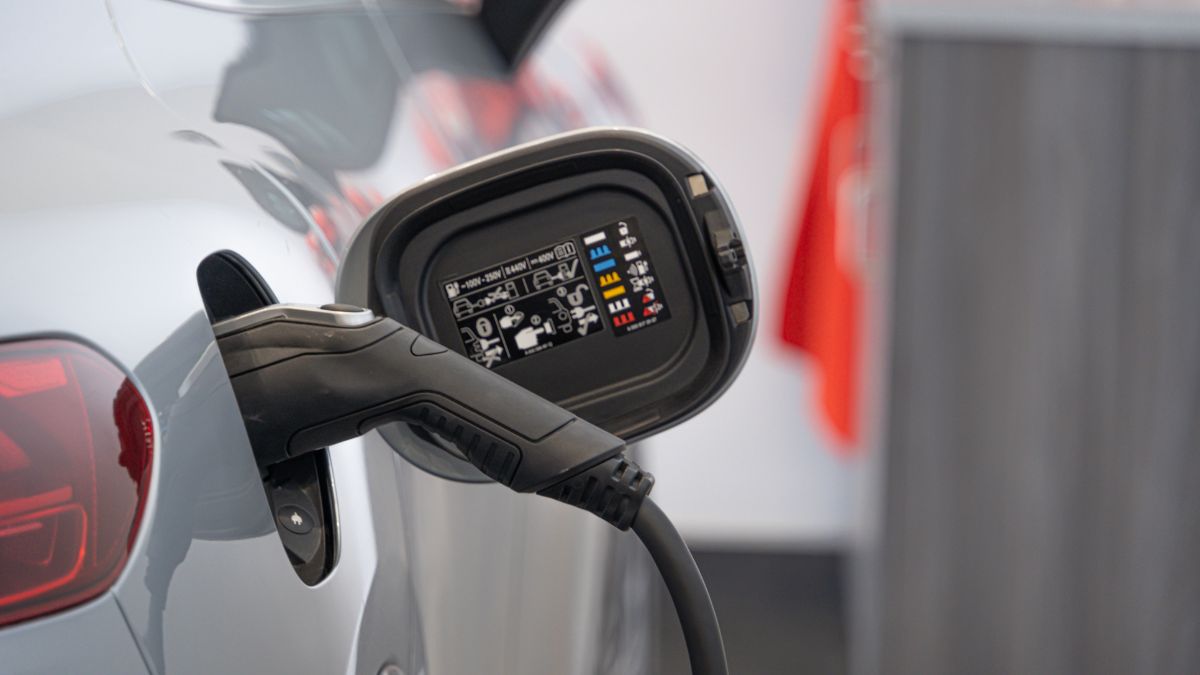Mexico. Fleet electrification is gaining momentum as a key necessity for organizations aiming to reduce their environmental impact and achieve sustainability goals while optimizing their operational costs.
What drives this transition towards electrification? On one hand, governments and large corporations are aligning their strategies with the UN Sustainable Development Goals, resulting in greener policies and commitments to ESG standards (Environmental, Social, and Governance).
The increase in the adoption of electric vehicles also plays a significant role, alongside a better understanding by companies of charging needs and improvements in the necessary infrastructure. Charging infrastructure providers are responding to this demand with solutions ranging from upgrading existing facilities to innovative models like "charging as a service" and infrastructure sharing. For example, companies like Evergo offer flexibility and initial cost reduction by allowing the shared use of their infrastructure.
Furthermore, companies are recognizing the value of data in accurately measuring the total cost of operation and savings associated with electrification. This entails the adoption of smart chargers and the integration of fleet management systems with telematics solutions for real-time monitoring.
Evergo, the electric vehicle charging station company, installed the first charging station in Latin America and the Caribbean in Punta Cana, paving the way for environmental benefits through modern facilities. "With facilities and technology of this kind, we contribute to the eastern area becoming the Dominican Republic's first carbon-zero and intelligent tourist destination, in line with our international commitments as a country aiming to halve carbon emissions by 2030", said Rolando González Búnster, president and CEO of InterEnergy Group.
So, how can organizations start this process? It is recommended that they seek advice from such companies from the outset of the project, considering aspects such as location, regulations, scalability, and maintenance. The installation of charging stations requires meticulous planning and technical and safety considerations, as well as staff training to operate the charging points safely and efficiently.
Success stories like those of PepsiCo and Mercado Libre, which have electrified their fleets, demonstrate the complexity and scale of the challenge involved in managing charging infrastructure for large-scale electric fleets.














